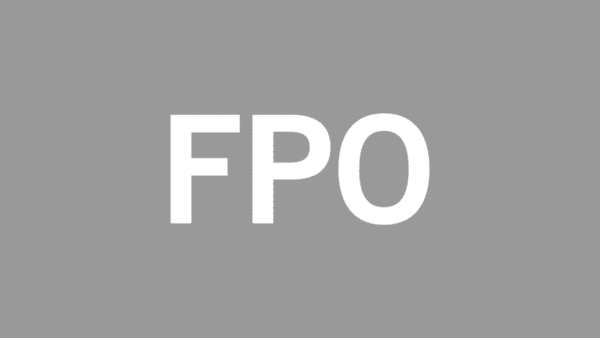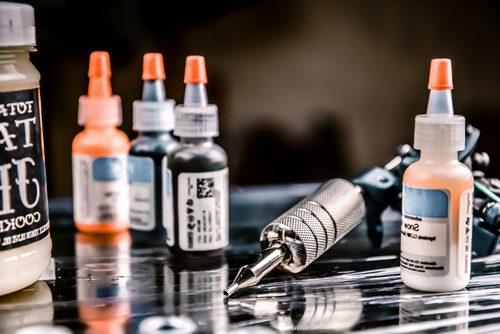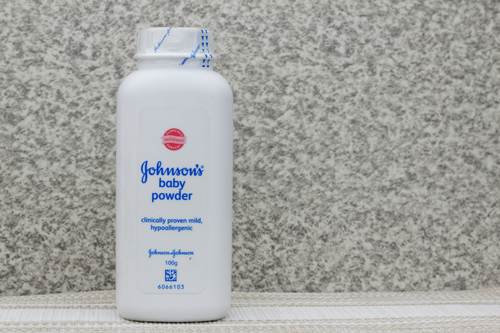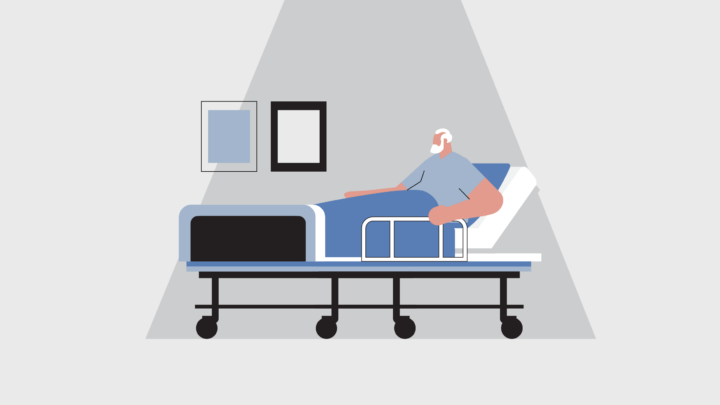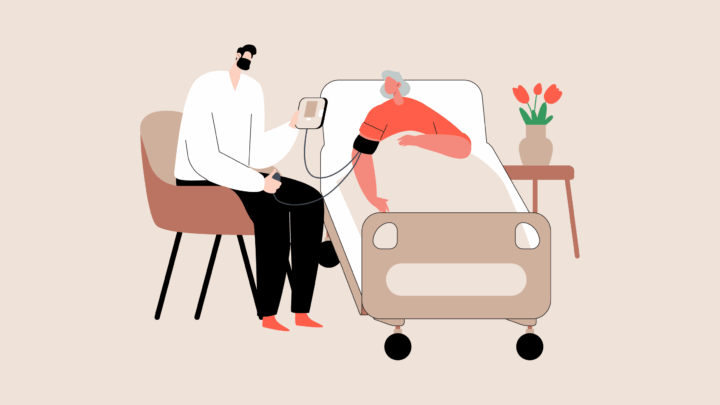
If you believe Dr. Mehmet Oz, he found a miracle weight loss product: green coffee extract. He has claimed on his show that the supplement is so effective, it was almost “magic.” Perhaps unsurprisingly, this “magic” cure hasn’t curbed the global rates of obesity, despite Dr. Oz broadcasting its efficacy.
Green coffee extract is just one of several products that Dr. Oz has promoted which lack scientific evidence behind their claims. Many have critiqued Dr. Oz for using his status, professional title, and TV platform to dupe the public with outlandish claims – in fact, 81 percent of doctors polled in 2015 wanted Dr. Oz to resign from his faculty position at Columbia University or lose his medical license for these reasons.
Dr. Oz isn’t the only MD who is known for promoting scientifically unproven medical advice –doctor and best-selling author, Joseph Mercola, suggests that HIV is not the cause of AIDS, but is rather the result from psychological stress brought on by the belief that HIV is harmful. We asked physicians from over 50 countries:
Should doctors who publically recommend scientifically unproven medical procedures/supplements/etc. have their licenses revoked?
The margin of error was ±2, and the results were within the margin of error – meaning doctors were essentially tied on whether they thought this was appropriate.
49 percent of physicians responded yes, license revocation is justified:
“We should be allowed to have opinions. However, selling some unproven treatments for profit (selling snake oil, cancer quackery) should be grounds for loss of license.” – Hematology Oncology
“They should be held to the exact same standard as the rest of us. They skirt around the law because they are not directly treating anyone, just giving people what they want to hear, or just trying to sell books via controversy.” – Physical Medicine
“This is like the old snake oil salesmen. I don’t really care about his personal reputation, but people like him put a slur on our entire profession.” – Radiology
“The medical degree is acquired on medical knowledge [and is] supposed to be updated throughout the career. A doctor who exercises ‘other medicine’ that is not recognized scientifically does not fulfill the conditions for obtaining his diploma, so it must be withdrawn.” – General Practice
“We doctors have duties and ethics. We cannot apply treatments to patients that have not been scientifically proven.” – General Practice
“Any treatment that is indicated to a patient must have a scientific basis, it must be ethical and not play with the health of the human being and not abuse publicity to obtain monetary gains!” – Pediatrics
However, 51 percent of physicians argued that revoking a medical license is not warranted. Physicians have the authority to prescribe a drug off-label if they consider it in their best judgment. It was also argued that medicine cannot be captured in a single study, and it is not always validated by science in a timely manner:
“I use a lot of supplement suggestions for many diseases that there is no treatment. Some find it helps. Risk is small…Please remember: ‘From Variance comes Innovation!’” – Allergy & Immunology
“This thread seems to be centered on quack type therapies. What about approved drugs that probably are if little or no use? The Alzheimer’s cholinergics come to mind.” – Internal Medicine
“There are many ‘legacy’ cures physicians use every day. Many are of unproven efficacy. As long as they do no harm there is no problem.” – Family Medicine
“Just because science [has not yet been able to] validate a treatment does not mean that it is ineffective. Acupuncture has been practiced for 3,000-5,000 years, and science is just now beginning to develop the tools that validate the theory and efficacy of the practice.” – Cardiothoracic Surgery
“The patient is still the final word. She/he has to be encouraged to do their research and decide what is best for them!” – Family Practice
The poll was fielded in October of 2017. 3664 physicians responded to the poll. The margin of error for the global poll was ±2%. More information about Sermo polling methodology can be found here.
Are you a physician? Do you want to connect with other doctors about ethical issues? Login to Sermo to talk with other real doctors about your thoughts and the medical field.

